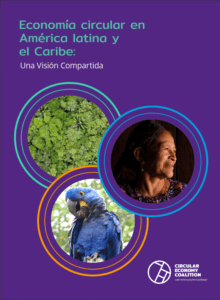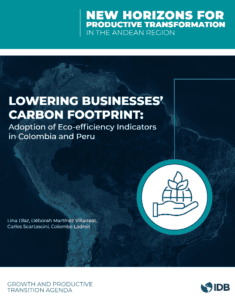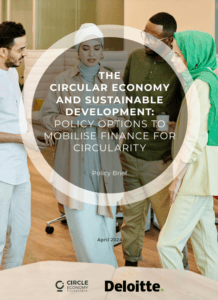This report provides an extensive analysis of national circular economy initiatives across the globe, examining the proliferation and effectiveness of circular economy strategies from 1999 to 2024.
Growth in Circular Economy Initiatives:
Since 1999, 75 national circular economy “calls to action,” “roadmaps,” and “operational strategies” have been launched, with a significant increase since 2016.
These initiatives indicate a global momentum towards transitioning to a circular economy.
Key Findings:
- There is a notable need to ensure a just and inclusive transition to the circular economy, as social justice, equity, and inclusion are often overlooked.
- Collaborative efforts with the global community are essential for a successful and equitable transition.
- Regional roadmaps and communities of practice are emerging to encourage greater collaboration and coordination.
Governance and Financing: Governance of circular economy initiatives often resides within one or two government ministries, primarily the Ministries of Environment, which can result in a lack of systematic and integrated approaches. In this regard, financing remains a significant challenge, with few roadmaps securing sufficient funding to achieve their objectives.
Visions, Goals, and Targets: Only 48% of the assessed roadmaps include quantitative macroeconomic circularity targets, with most addressing waste and recycling as well as resource productivity. These targets are generally non-binding and susceptible to short-term political cycles.
Policy Action Categories: The report categorizes 2882 policy actions into themes such as brokering knowledge transfer, business support, circular resource management, fiscal instruments, and more. Brokering knowledge transfer was the most common policy action, followed by fiscal instruments and supporting research and innovation activities.
Regional Variations: There are regional differences in policy actions, with Latin America and the Caribbean focusing more on worker and consumer rights, while Asia-Pacific regions emphasize trade policy and international governance. The document concludes with recommendations for future research and emphasizes the need for more inclusive and comprehensive circular economy strategies.
Download the publication here.




